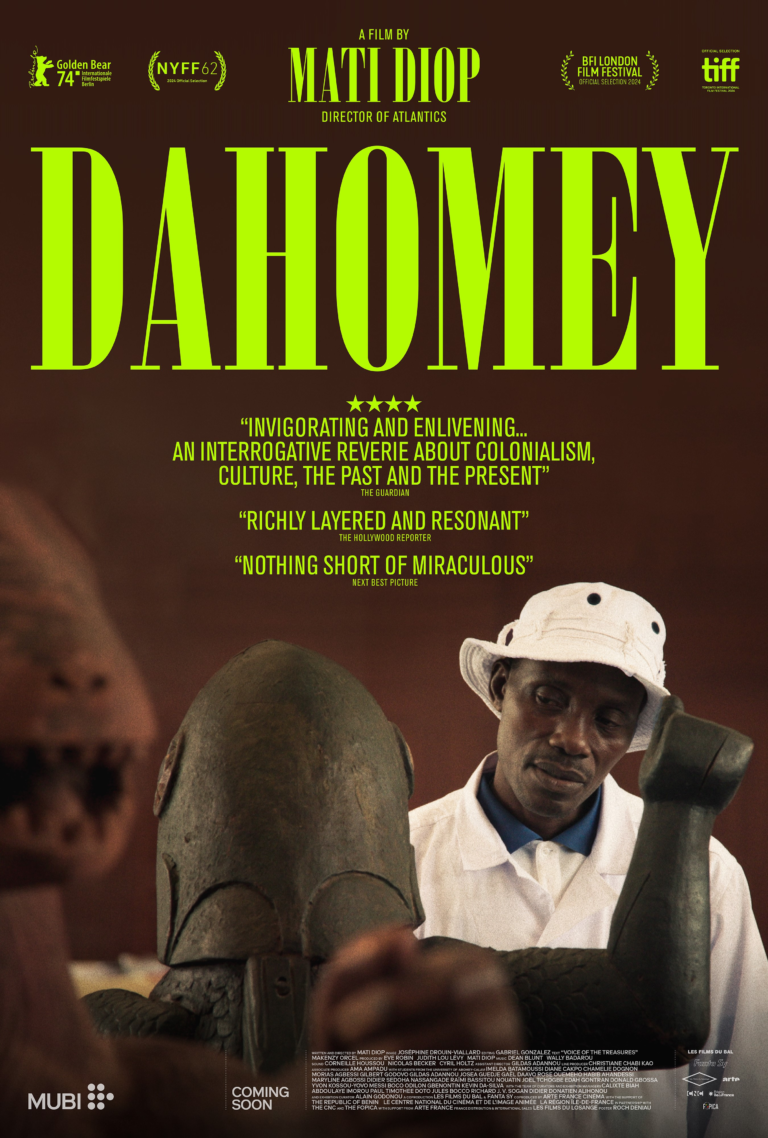Frank Christian Review

Some films hit you with a tidal wave of action, others coax you into contemplation like a whisper. Then there’s Frank—a movie that wears a giant papier-mâché head, dances around the line of absurdity, and somehow leaves you pondering the deep things of life. Directed by Lenny Abrahamson, this dark comedy mixes eccentricity with pathos in a way that feels utterly unique. It’s funny, weird, uncomfortable, and profoundly moving, all at once. And yes, for Christians, it’s a treasure trove of themes to explore: masks, creativity, ambition, and the search for authenticity in a culture obsessed with success.
Let’s dive into this peculiar yet touching story and see what lies beneath the big, fake head.
The Mask: Protection or Prison?
There’s no missing Frank. He’s the titular character, after all, and his appearance—oversized head, cartoonish face—might be one of the most bizarre choices you’ll see in cinema. The mask never comes off (well, almost never). It’s part shield, part persona, part enigma. But as you watch, it’s impossible not to wonder: is the mask protecting Frank, or is it trapping him?
For Christians, this metaphor hits close to home. Don’t we all wear masks, in some form? Maybe it’s the “I’m fine” smile on Sunday morning when we’re anything but. Maybe it’s the carefully curated social media profile that hides our struggles. The Bible calls us to live authentically, not pretending to be something we’re not. “Each of you must put off falsehood and speak truthfully to your neighbor” (Ephesians 4:25). Yet, the mask feels safe. It keeps people at a distance, away from our pain or insecurities. Frank’s literal mask is a vivid reminder of how isolating that can become.
The Joy and Pain of Creation
At its core, Frank is about art: the joy of making it, the agony of sharing it, the strange and messy process that brings it to life. Frank and his band are not mainstream by any stretch. Their music is experimental, chaotic, and deeply personal. They create not for fame but because they have to—it’s who they are. Enter Jon, a wannabe musician desperate for success, who disrupts their fragile ecosystem with his ambition and cluelessness.
The dynamic between Jon and the band offers a sharp critique of modern creativity. We live in a world where success is often measured by likes, shares, and dollar signs. But Frank challenges that notion, suggesting that true art exists for its own sake. For Christians, this aligns with a biblical view of work and creativity. Colossians 3:23 reminds us, “Whatever you do, work at it with all your heart, as working for the Lord, not for human masters.” Frank’s music, bizarre as it may be, reflects this kind of unfiltered, God-given creativity—a stark contrast to Jon’s self-serving drive for recognition.
The Seduction of Fame
If Frank has a villain, it’s not a person but an idea: the lure of fame. Jon embodies this perfectly. He’s not a bad guy; he’s just obsessed with the idea of “making it.” In his mind, fame equals validation, purpose, and happiness. But the film makes it painfully clear that fame is a double-edged sword. When Frank’s music finally gains a wider audience, the pressure nearly destroys him.
This is a cautionary tale for anyone chasing the spotlight, and it resonates deeply with Christian values. Jesus warned about the dangers of seeking human approval: “Be careful not to practice your righteousness in front of others to be seen by them” (Matthew 6:1). True fulfillment doesn’t come from the applause of the crowd but from living in alignment with God’s purpose. Frank, despite his quirks and struggles, seems to understand this in a way Jon never does.
Laughing Through the Tears
What makes Frank so special is its tone. It’s funny, but not in a laugh-out-loud way—more like a chuckle that catches in your throat. It’s sad, but not in a way that feels heavy-handed. The film walks a delicate tightrope, blending humor and heartbreak with surprising grace. Abrahamson’s direction deserves immense credit for this. The absurdity of Frank’s giant head never feels like a gimmick; instead, it becomes a poignant symbol of his fragility.
For Christians, this interplay of joy and sorrow reflects the reality of life in a broken world. As Ecclesiastes 3:4 reminds us, there’s “a time to weep and a time to laugh, a time to mourn and a time to dance.” Frank captures this tension beautifully. It’s a movie that makes you laugh one moment and leaves you thinking deeply the next—sometimes within the same scene.
The Masks We All Wear
If there’s one theme that lingers long after the credits roll, it’s the idea of masks—not just Frank’s, but everyone’s. Jon hides his insecurities behind a façade of ambition. The band members use their quirks to shield their vulnerabilities. Even the music becomes a kind of mask, revealing and concealing in equal measure.
For Christians, this raises a crucial question: what masks are we wearing, and why? The Bible speaks to this in 2 Corinthians 3:18: “And we all, who with unveiled faces contemplate the Lord’s glory, are being transformed into his image with ever-increasing glory.” True transformation begins when we take off the mask and allow ourselves to be seen—by God, by others, and by ourselves. Frank’s journey, though unconventional, points to this truth in a way that feels both challenging and hopeful.
A Film for the Adventurous
Frank is not your typical movie. It’s weird, uncomfortable, and occasionally frustrating. But for those willing to engage with its strangeness, it offers a deeply rewarding experience. It’s a film that asks big questions about identity, creativity, and the human condition, all while making you laugh at its sheer absurdity.
For Christians, it’s also an invitation to reflect. Are we creating for God’s glory or our own? Are we hiding behind masks, afraid to be vulnerable? And where are we finding our worth—in fleeting fame or eternal truth?
Rating: 8/10
Frank isn’t for everyone, but for those willing to embrace its quirks, it’s a journey worth taking. It’s funny, touching, and thought-provoking—a film that lingers in your mind long after it’s over. And who knows? You might just find yourself looking at your own masks in a whole new light.






